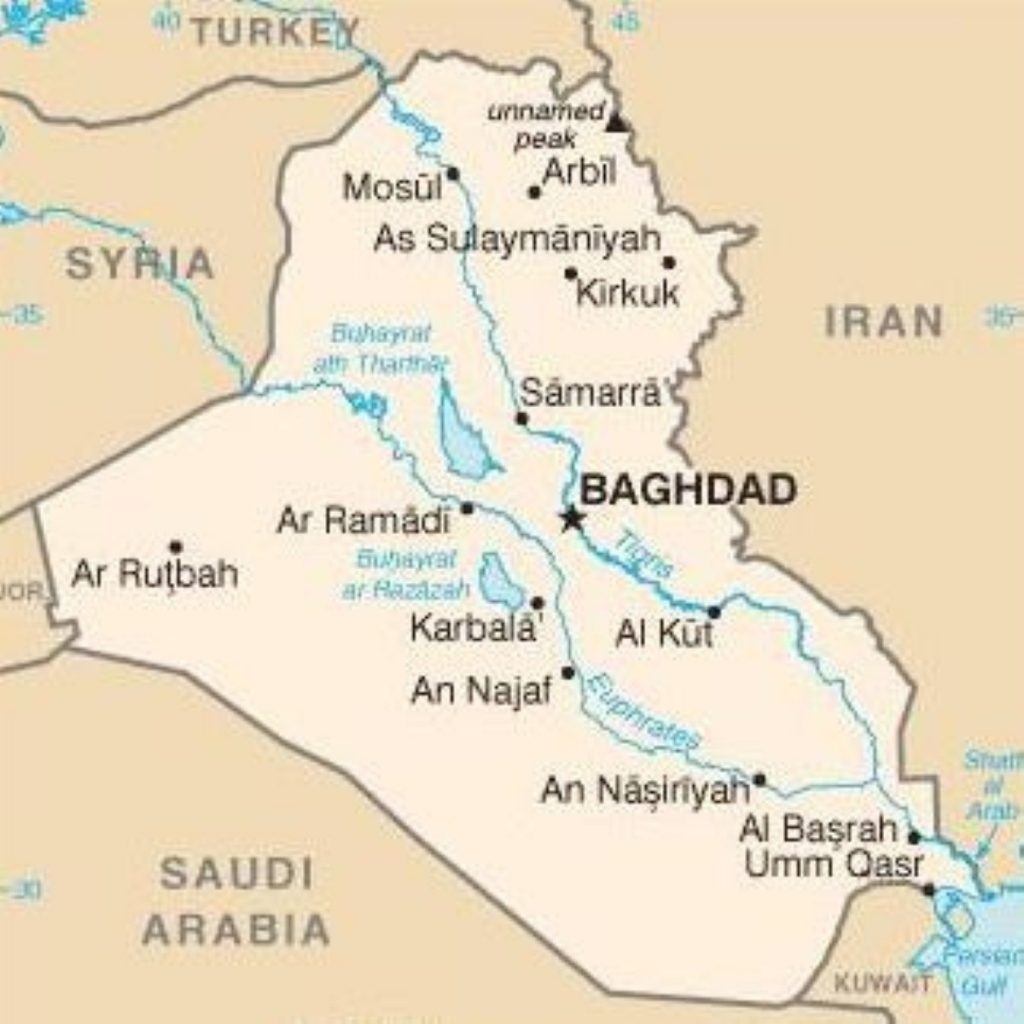Troops in Iraq ‘could halve’ by next summer
The number of British troops in Iraq could be cut by more than half within a year as they hand over control to the Iraqi security forces, a senior UK commander has said.
The British commander said it was “perfectly feasible” for the 7,200 troops currently based in Iraq to be reduced to as little as 3,000 within nine to 12 months.
In June, the UK began handing over responsibility for security in the first of the four southern provinces it controls, al Muthanna, to the Iraqi services.
Control over a second province, Maysan, is expected to be handed over soon. It has already been announced that one of the camps there, where 1,000 soldiers from the Queen’s Royal Hussars are based, will close in September.


Speaking to reporters on condition of anonymity, the British commander said he also believed the Iraqis could take control of the southern city of Basra, where most British troops are based, as early as the first three months of next year.
However, he stressed that a contingent of soldiers would remain to “protect our investment”, and said the whole situation was dependent on conditions on the ground.
He said the handover would leave “quite a significantly smaller force than we’ve got now, but probably in the region of 3,000 to 4,000 people based in a single location”.
“These are all conditions-based, subject to a variety of factors, but in terms of the tactical plan and the competence of the Iraqi army, it is perfectly feasible,” he told reporters.
The commander added: “We anticipate there is not going to be a political appetite to saying ‘alright, we’re done’ while there is still unfinished business in the centre of the country.”
In a recent report, the defence select committee said handing over control of Basra, which is the most populous and economically important of the four provinces under British control, was a “key test” in the progress towards Iraqi self-reliance.
But the MPs warned: “Transition here remained some way off, due to continuing rogue militia activity and distrust within and between elements of the Iraqi security forces.”

